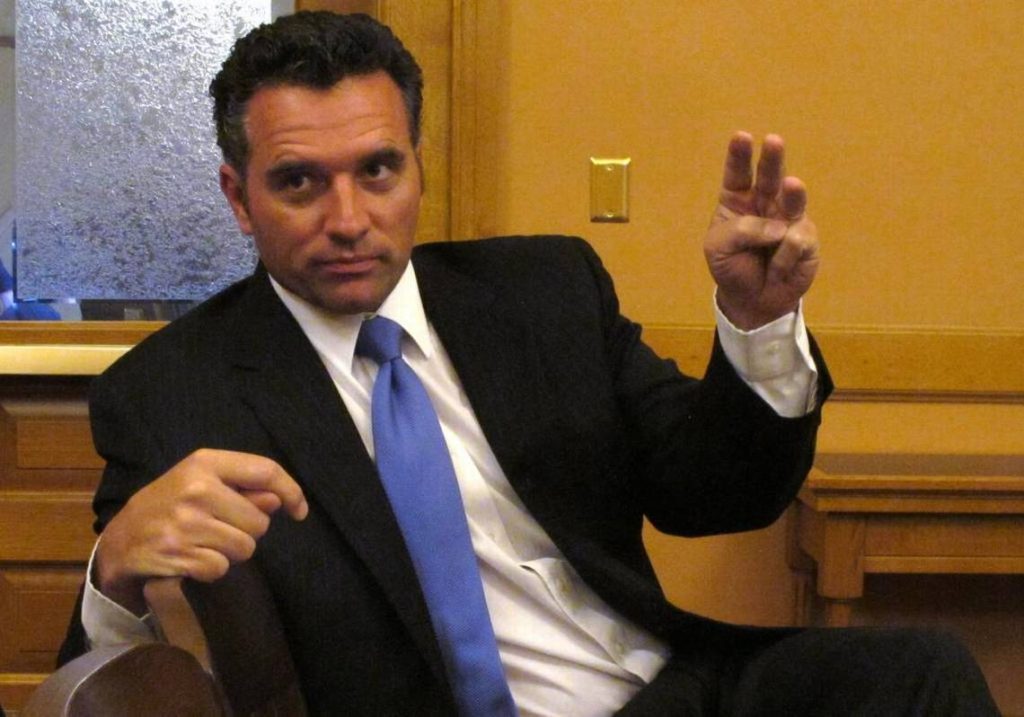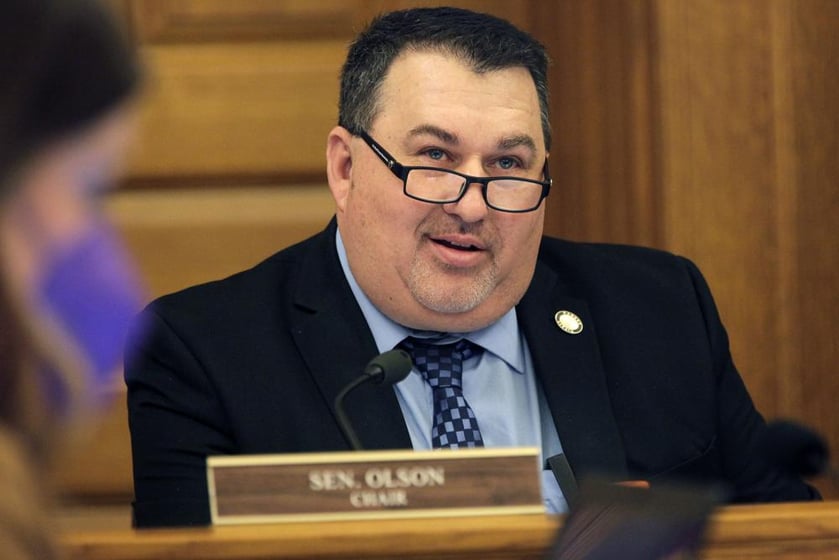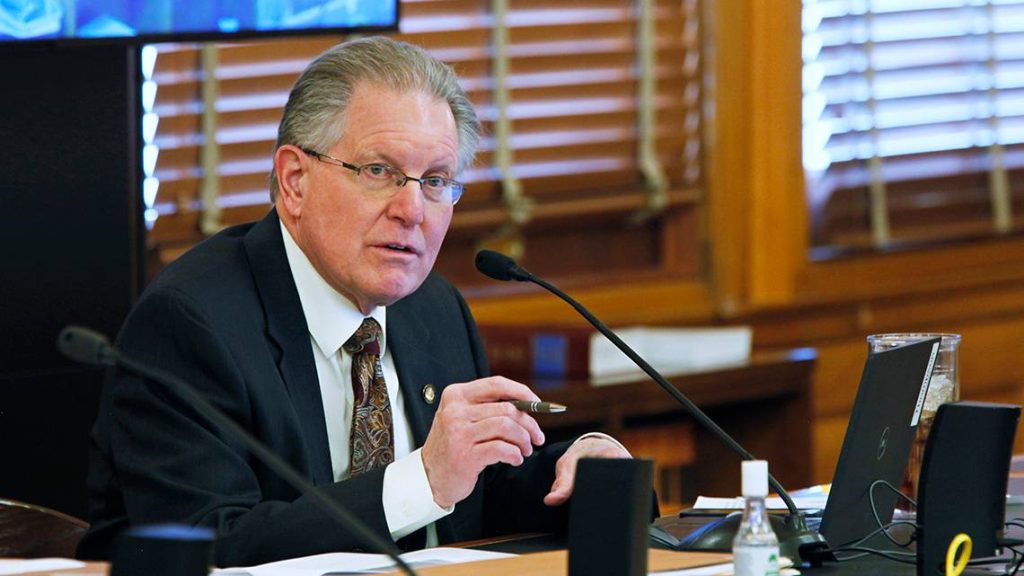
Kansas Senate President Ty Masterson is right to try to keep the Sunflower State from becoming another Cheech and Chong sequel, but last week’s swap of two committee chairmanships in order to trade off medical pot in favor of wind farms is a bargain that’ll cost Kansans higher electrical rates while it protects our cache of Doritos.
Misbehavior among those two committee chairs last session brought on the edict for this session from Masterson in hopes of exerting his own brand of pro-wind, anti-pot influence on the chamber in the coming session of the Kansas Legislature.

Masterson’s half right – moving Olathe Senator Rob Olson from the Senate Federal and State Affairs committee chair to the Utilities Committee might be a means of slowing Olson’s charge toward a medical marijuana bill – although Olsen, who chaired the 2022 Special Committee on Medical Marijuana, has already pledged to introduce a medical pot bill on the floor of the Senate. But the Yin to Masterson’s Yang was moving Kansas’ best hope to thwart the scourge of wind energy – venerable former KC weatherman Mike Thompson – from chairman of Utilities to Olson’s slot at Fed/State.
First things first: medical marijuana laws have proven rotten from stem to bud in states all over the country that have approved them and it’s abundantly clear Kansas is better off not to endorse pot and encourage more potheads than we already have. Massachusetts, California, Arkansas and others have seen how those laws bloom with opportunities for bribes and governmental corruption; how “getting a card” authorizing one’s legal use of pot supposedly for medical reasons is as simple in some states as asking for one, and how public officials have in many cases found the temptation undeniable to feather their own nests with bribe money in exchange for growing licenses.

Mob involvement took root early on in some states where the approval of medical pot created an overnight demand surge for the product – legally grown or not. Four Chinese nationals were executed last November at an illegal grow facility in Oklahoma after an “investor” demanded his $300,000 dividend, adding mass murder to the landscape of arguments to oppose this drug legalization scam. And let’s face it, medical pot is just a stepping stone to full legalization.
Consequently no one who’s studied the fallout from medical pot can argue that Masterson’s not on the right track to put a stop to it in Kansas. Where Masterson falls from grace among those who love abundant electricity and the Kansas naturescape and who despise wasteful, subsidy-driven green energy scams, is in moving Thompson to chair State/Fed.

Thompson introduced and argued a number of bills last session that basically amounted to the end of wind farms in Kansas and has been a leading voice against these electrical grid threatening, subsidy sucking behemoths for the past decade. The case is easy to make. Industrial wind farms raise electric rates. Their lack of dependability weakens the power grid and they cost way, way more than they produce even when the wind blows. They scar and devalue tens of thousands of acres of rural scenery with every project and threaten wildlife. Scoring those points has made Thompson as popular with the wind industry as the rolling blackouts they cause are with electric customers.
Thompson made an admirable effort last session, but it couldn’t outpace the $180,000 in campaign contributions the wind lobby made to 9 Kansas Senators and 12 house members running for re-election in 2020 – Olson, of course, being one of them. The new head of the Senate Utilities raked in a cool $8,250 in wind industry cash according to the Kansas Secretary of State.
That side of Masterson’s deal is pungent. It wreaks with tacit endorsement for the false promise of green industry now in its second decade of bilking U.S. taxpayers; one that’s become a joke among anyone who grasps the science of electricity and an off-the-record punchline among industry experts. Worse, wind energy is a tragedy for those unfortunate enough to live near the massive, ugly scars they make on Kansas lands and home values.
Masterson needs to broaden his view of what’s best for Kansas – dump medical pot, and dump wind farms along with it.
– Dane Hicks is publisher of The Anderson County Review in Garnett, Kansas. His Kansas-based novel “The Skinning Tree” celebrates a 20-year re-release this summer.
